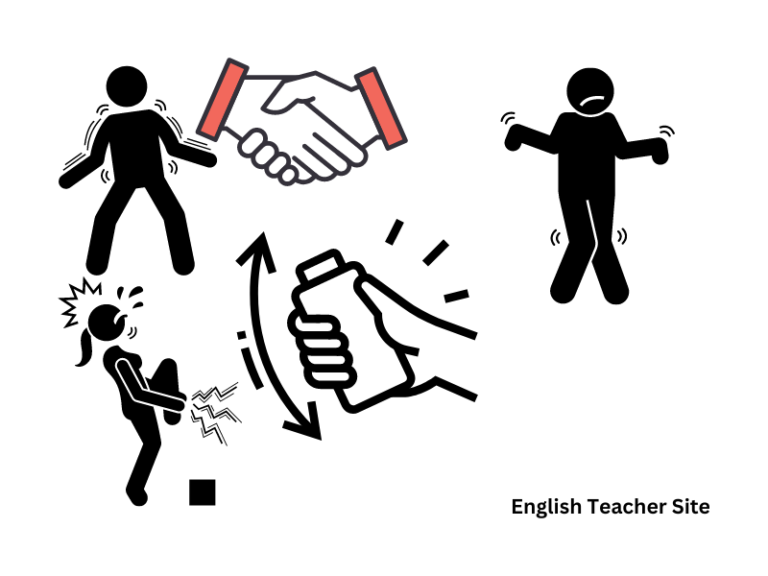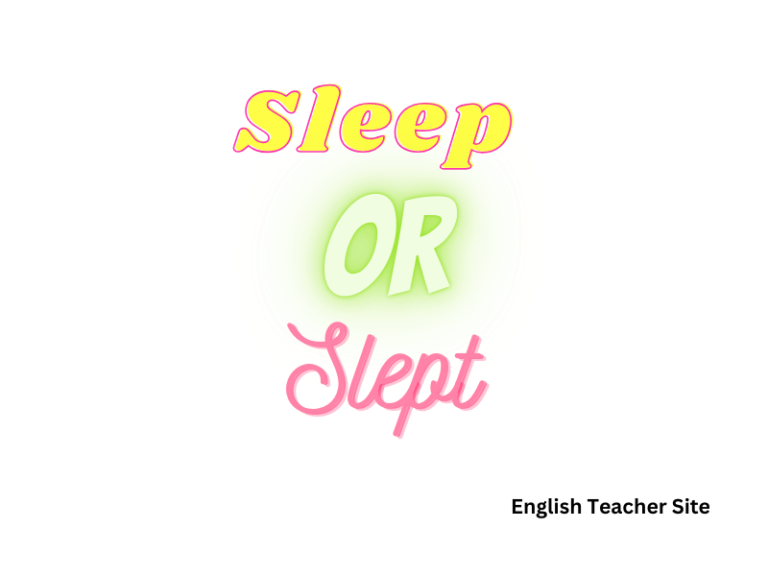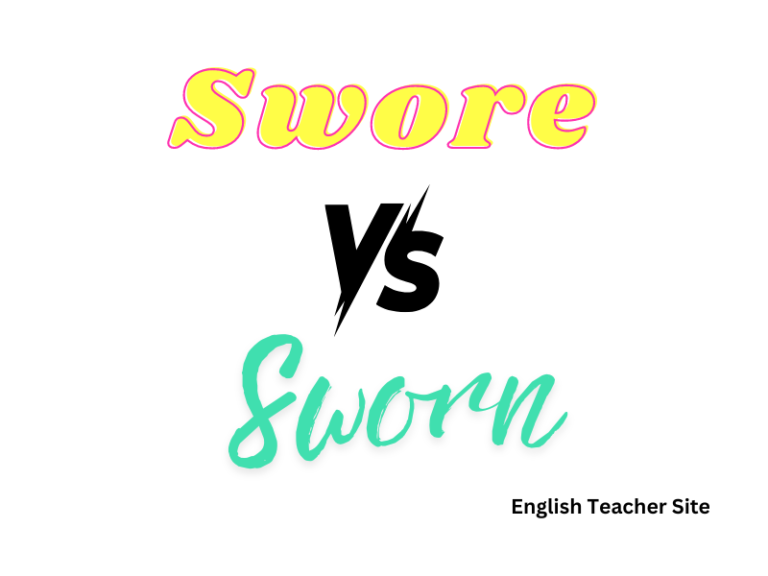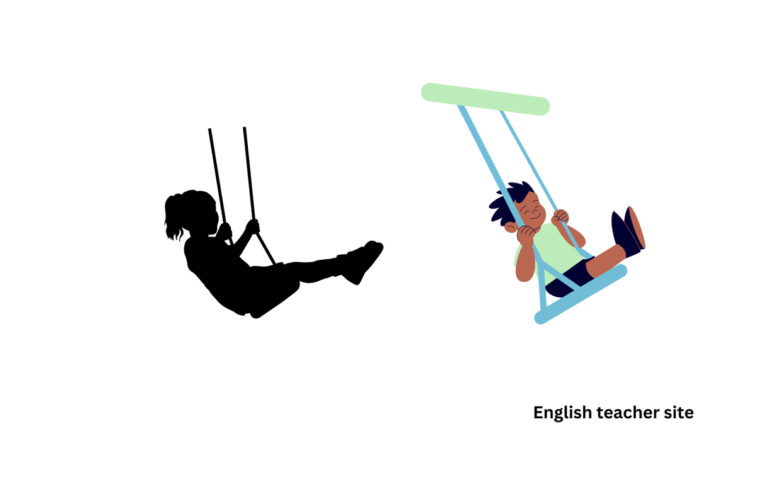Is It If I Were or If I Was: Decoding the Correct Usage of Were vs. Was
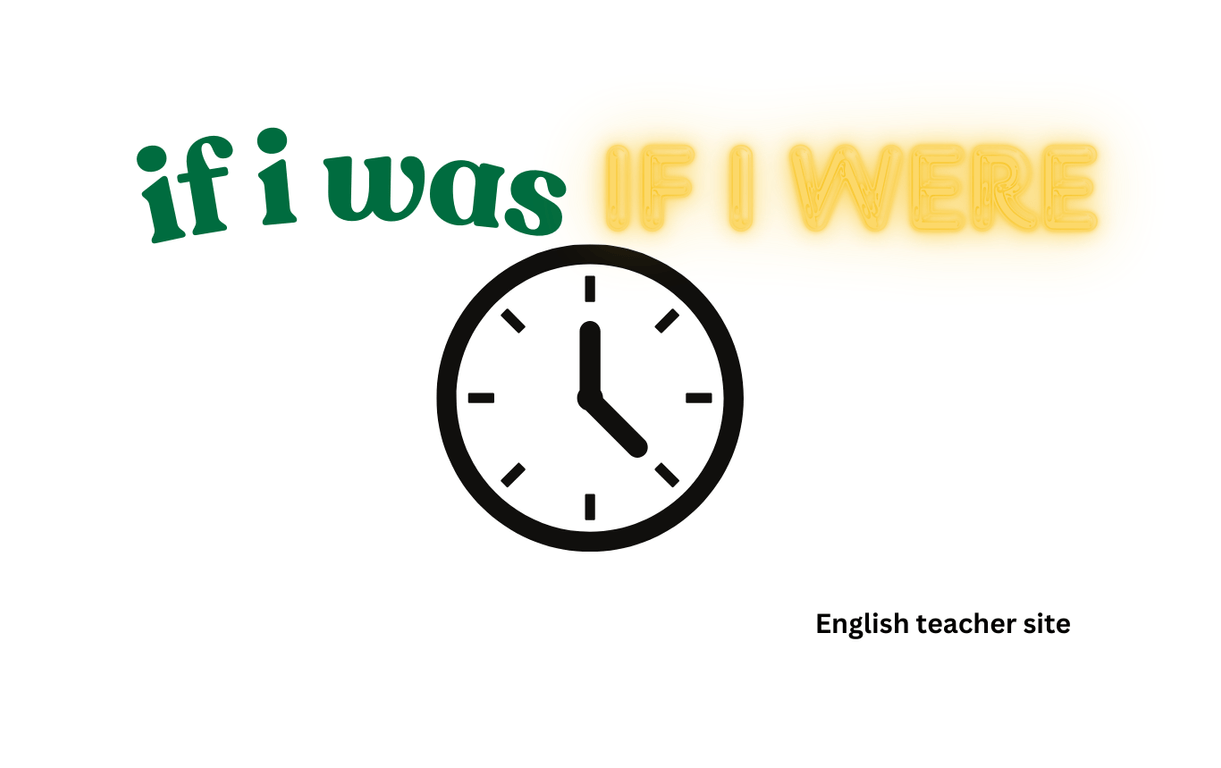
- “Was” is for singular first and third person in the indicative past tense.
- “Were” is used for second person singular, all plural subjects, and subjunctive mood cases.
- The correct choice between “was” and “were” depends on the number, person, and mood.
In particular, “was” is the first-person and third-person singular past tense form of the verb “to be,” which implies that it relates to one individual in the past. Conversely, “were” is used with the second person singular, all plural subjects, and also with the first and third person singular subjects when forming the subjunctive mood, often following “if” in hypothetical or counterfactual statements. Nevertheless, usage can slightly vary in different dialects and formalities of English, and knowing the specific rules can significantly improve your written and spoken communication.
Is it “if I were” or “if I was”: When to Use “Were” vs “Was”?
These words, which are both past tense forms of the verb “to be”, have specific cases in which they are applied.
“Was” is used in the first and third person singular past. For instance, “I was” and “he was” demonstrate correct usage when referring to singular subjects in the past tense. “Were”, however, is used in the second person singular and plural past, and the first and third person plural past. “You were” and “they were” are examples of proper use.
In conditional or hypothetical statements — situations that are not true or are contrary to fact — “were” is used regardless of the subject number. This usage is part of the subjunctive mood.
Here are two tables that highlight the standard and subjunctive mood uses of “was” and “were”:
Standard Past Tense Usage:
| Singular | Plural |
|---|---|
| I was | We were |
| You were | You were |
| He/She/It was | They were |
Subjunctive Mood Usage:
| Standard | Subjunctive |
|---|---|
| If I was (incorrect) | If I were (correct) |
| If he was (incorrect) | If he were (correct) |
| If they were | If they were |
Here are some bullet points to consider when choosing between “was” and “were”:
- Use “was” with singular nouns in standard past tense.
- Use “were” with plural nouns and with “you” in standard past tense.
- Use “were” for all subjects in unreal or hypothetical situations, regardless of number.
In summary, the usage of “was” and “were” depends on both the subject’s number in standard past tense sentences and the context of the sentence, whether it reflects reality or a hypothetical condition. Understanding and following these rules are essential for proficiency in English grammar.
Difference between was and were
They are both past tense forms of the verb “to be,” but their use depends on the number and person of the subject.
“Was” is used with the first and third person singular past. It applies when speaking about one individual or thing in the past.
Use of “Was”:
- Singular subjects (I, he, she, it)
- In statements of fact
- With a singular noun (The event was yesterday.)
“Were” is applied with second person singular and plural, and first and third person plural. It covers multiple items or persons and also the singular ‘you’.
Use of “Were”:
- Second person singular and all plural subjects (you, they, we)
- In hypothetical or conditional statements
- With plural nouns (The flowers were blooming.)
Examples
| Singular |
|---|
| I was |
| He/she/it was |
| Plural |
|---|
| You were |
| We/they were |
Additionally, “were” is used in the subjunctive mood to describe hypothetical situations, wishes, or uncertain events. This is often seen in sentences starting with “if” or expressions of wishing.
- Hypothetical situations (“If I were king, I would…”)
- Wishes (“I wish it were not so.”)
To ensure clarity and correctness, it is essential to choose “was” or “were” depending on the subject and the context of the sentence.
Understanding Past Tense and Mood
In the English language, the correct use of the verb “to be” in the past tense largely depends on the mood: indicative for statements of fact, or subjunctive for hypotheticals. This section explores these grammatical concepts with a focus on the use of “was” and “were.”
The Role of the Verb ‘To Be’
The verb “to be” services as a fundamental component in English conjugation. It is an irregular verb and, in the past tense, takes the forms “was” and “were.” The usage of these forms warrants an understanding of both the subject and the context of a sentence:
- First-person singular (I) and third-person singular (he, she, it) align with “was.”
- Second-person singular (you), plural subjects (we, they), and polite singular (you) usually take “were.”
Subjunctive Mood and Hypotheticals
The subjunctive mood is used to express imaginary or hypothetical conditions, wishes, or suggestions. It diverges from statements of fact:
- Hypothetical statements: “If I were rich, I would travel the world.”
- Wishes: “I wish it were Friday.”
| Subjunctive Use | Example Sentence |
|---|---|
| Conditional | If he were faster, he’d win the race. |
| Wishes | I wish it were possible to turn back time. |
Indicative vs. Subjunctive Mood
The indicative mood represents facts, reality, or actual events, where “was” and “were” adhere to standard past tense conjugation based on grammatical person and number:
- “She was late to the meeting because traffic was terrible.”
However, the subjunctive mood is independent of singular or plural subjects, instead reflecting impossible or imagined scenarios where “were” is often used regardless of the subject: - “If she were the president, she would change the law.”
Sentence Examples with ‘Was’ & ‘Were’
The differences between “was” and “were” can be seen in various sentence structures.
“Was” in Indicative Mood:
- “He was unhappy with the decision.”
- “It was a sunny day.”
“Were” in Subjunctive Mood:
- “Were you to ask me, I would say no.”
- “If it were up to me, things would be different.”
Utilizing a list format, here are additional instances with differences highlighted:
- Indicative: She was at the store.
- Subjunctive: If she were at the store, she would buy milk.
| Mood | “Was” Example | “Were” Example |
|---|---|---|
| Indicative | The sky was clear last night. | You were right about the directions. |
| Subjunctive | If he was to arrive late, he would apologize. | If I were you, I wouldn’t worry about it. |
In the context of conditional sentences:
- “If I was mistaken, I apologize” (Indicative – admitting a probable mistake).
- “If I were mistaken, I would apologize” (Subjunctive – hypothetical mistake).
Bolding the modal verbs, which often follow “were” in subjunctive conditions, would and could are illustrative:
- “Were I given the opportunity, I would take it.”
- “If this were possible, she could make a fortune.”
The Use of ‘Was’ and ‘Were’ in Context
Distinguishing between “was” and “were” is fundamental in English grammar, particularly regarding verb forms and their agreement with subjects. This choice influences sentence structure and reflects different tenses and moods.
Sentence Structure and Subject-Verb Agreement
In English, subject-verb agreement is critical for grammatical accuracy. The verb should match the subject in number: “was” is for singular subjects, while “were” is for plural subjects or the second person.
- Singular Subjects: “He was happy.” (third person singular)
- Plural Subjects: “They were excited.” (plural subject)
- Second Person: “You were right.” (second person, regardless of number)
A helpful way to ensure correct usage is to replace the pronoun with a noun to check for agreement:
- “The cat was playful.” vs. “The cats were playful.”
- “The teacher was helpful.” vs. “The teachers were helpful.”
Table 1: Subject-Verb Agreement
| Pronoun | Correct Verb Form |
|---|---|
| I | was |
| You | were |
| He/She/It | was |
| We | were |
| They | were |
Exploring Irregular Verbs and Auxiliary Usage
“Was” and “were” are both past tense forms of the irregular verb “be”, an auxiliary verb often used to form the past continuous tense or passive constructions.
Examples of Past Continuous:
- “She was reading when I called.”
- “They were traveling last summer.”
Auxiliary Function in Passive Voice:
- The poem was written by Maya Angelou.
- The buildings were designed by a famous architect.
With irregular verbs, the past forms do not adhere to conventional patterns, making them trickier:
- “Was” aligns with third-person singular convention.
- “Were” spans across plural subjects as well as with “I” and “you,” which are exceptions.
Conditional Sentences and Forming Hypotheticals
The distinction between “was” and “were” becomes particularly significant in forming conditional and hypothetical sentences using the past subjunctive mood.
If Clause Examples:
- “If I were a bird, I would fly.” (hypothetical, against reality)
- “If he were aware, he would have acted differently.” (contrary to fact)
Compare these with indicative mood constructions, which express known facts or realities:
- “If the weather was bad, we canceled the event.” (known fact in past)
Table 2: Indicative vs. Subjunctive Mood
| Conditional Sentence | Indicative (Reality) | Subjunctive (Hypothetical) |
|---|---|---|
| Single Past Occurrence | If it was true… | – |
| Unreal or Hypothetical | – | If it were true… |
Such conditional sentences reflect desires, suggestions, wishes, or occurrences not rooted in fact but in imagination or speculation. The use of “were” in these cases is traditional and formally correct, though some modern usage does allow for “was” in informal contexts.
Remember, “If I were” indicates hypotheticals or impossible scenarios, while “If I was” refers to something that could have happened but did not.
My name is Khamis Maiouf. I am the creator of the English Teacher Site, dedicated to providing valuable resources and insights for students around the world. With a passion for education and a commitment to helping students enhance their skills, I aim to make English teaching more effective and enjoyable for both educators and students.


